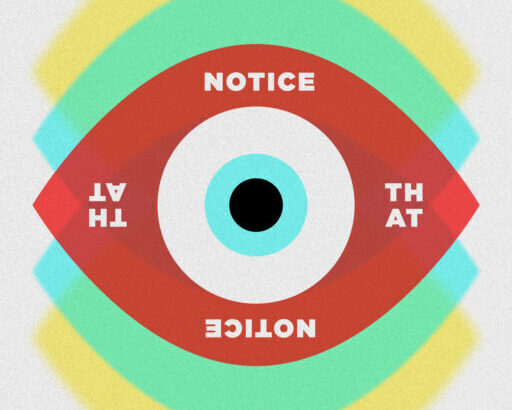Episode 13: Pacing of Therapeutic Process

On this episode we will break down some of the considerations of pacing our therapeutic process with each client.
Considerations when determining pacing:
- Every client is unique. There are general guidelines to follow during therapeutic process, but the most important consideration is to stay responsive to the client in front of us.
- Readiness checklist – you should have received this in your basic training. If you did not receive this in your training, you can find it online.
- Kathleen Martin, a well known trainer has made this available. Thank you Kathleen. She has a normal version and a version for complex trauma.
- Therapeutic alliance Attachment challenges Personality Diagnosis – we are going to do a whole separate episode on EMDR with attachment issues and personality diagnosis.
Babette Rothschild – The Body Remembers. She shared about different types of trauma and a how-to treatment plan for each type. Type I Type II -Preparation phase is about increasing resilience and readiness but also about assessing readiness and strength of therapeutic bond. Building the adaptive network for clients who have a weak adaptive network – how strong is it and does it exist at all? We may have to spend more time creating it.
Consider if the following are present:
Affect tolerance Dissociation Emotional awareness and regulation skills. Do they have vocabulary for their emotions and feelings? Do they have awareness of physical sensation and the ability to verbalize it?
When readiness is determined for therapeutic process:
- Options: Exploratory EMDR – target recent or future events in order to assess readiness and observe tolerance for the process. This is not core trauma relief but it does give them increased regulation. This also increases their readiness for the deeper work.
- Concept of “test balloon” targets – see how they handle these smaller targets. Perpetual resourcing – we don’t to start processing we go back to resource whenever we need more.
- Case conceptualization – being adaptive and responsive to what’s happening with the client.






